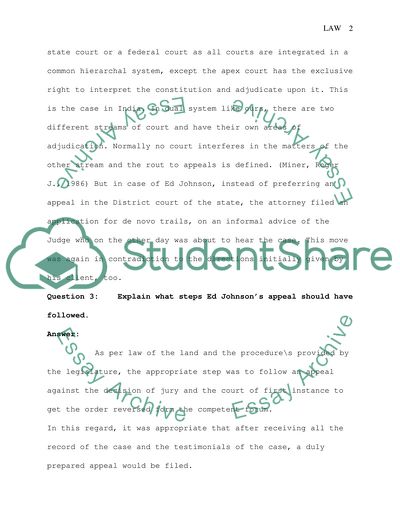Cite this document
(The Legal Rights of All the People Due Process of Law Research Paper, n.d.)
The Legal Rights of All the People Due Process of Law Research Paper. Retrieved from https://studentshare.org/law/1736387-contempt-of-court
The Legal Rights of All the People Due Process of Law Research Paper. Retrieved from https://studentshare.org/law/1736387-contempt-of-court
(The Legal Rights of All the People Due Process of Law Research Paper)
The Legal Rights of All the People Due Process of Law Research Paper. https://studentshare.org/law/1736387-contempt-of-court.
The Legal Rights of All the People Due Process of Law Research Paper. https://studentshare.org/law/1736387-contempt-of-court.
“The Legal Rights of All the People Due Process of Law Research Paper”, n.d. https://studentshare.org/law/1736387-contempt-of-court.


